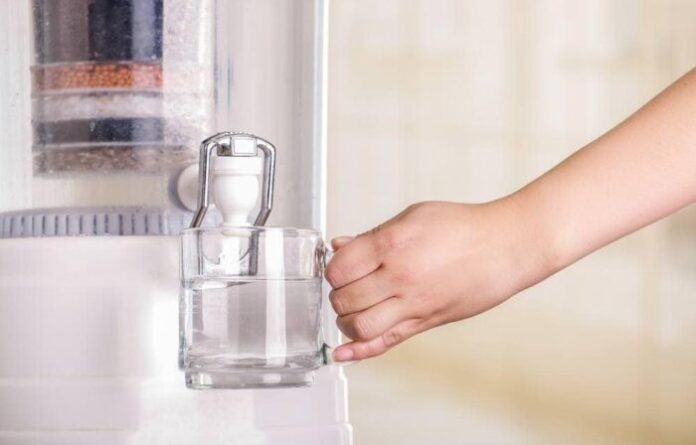Investing in a water filter is vital as it ensures that you and your whole family have access to safe, clean, and healthy water at home. However, your filter system can become less efficient in removing impurities without proper care and regular maintenance.
These tips will increase the lifespan of your water filter system, making it last longer.
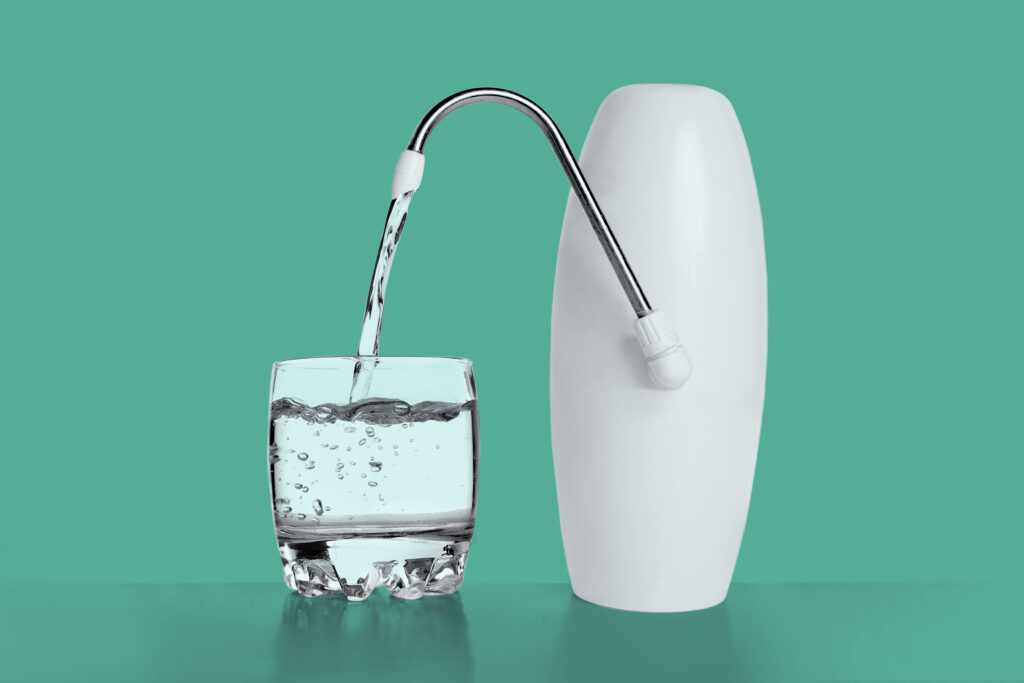
1. Cleaning Routine
To prevent mineral, pollutant, or dirt buildup inside the filter, it is critical to clean your water filter system’s inside regularly. Uncleaned water filters may let foul odors and tastes remain in your drinking water.
Most systems include guidelines on how and when to clean them, and some come equipped with their own cleaning kits. It’s essential to research important guidelines as some systems, like the reverse osmosis filter, have special cleaning requirements.
If you don’t have a kit, avoid harsh cleaning agents and rinse the system gently with warm water. You want to ensure you aren’t introducing any harmful contaminants or toxins to your water filter as they could get absorbed into tap water.
Ideally, clean the inside of your water filter once a week or as instructed. Also, be sure to sanitize all your water filter system components, including the cap assembly, line, and water dispenser.
2. Regularly Change Filter Cartridges
Regardless of whether you use sediment, carbon or reverse osmosis filter, at some point, it will need to be replaced. If left uncharged for too long, the filter will get clogged. It is impossible to escape the fact that nothing lasts forever.
Keep track of when you last changed the filter and adhere to the rules provided for the specific type of cartridge you use. All filter cartridges come with expiries in months and gallons. However, even if you forget, the control device on your system will alert you when it’s time for a change.
Remember to check the O-rings, ensuring there are no leaks.
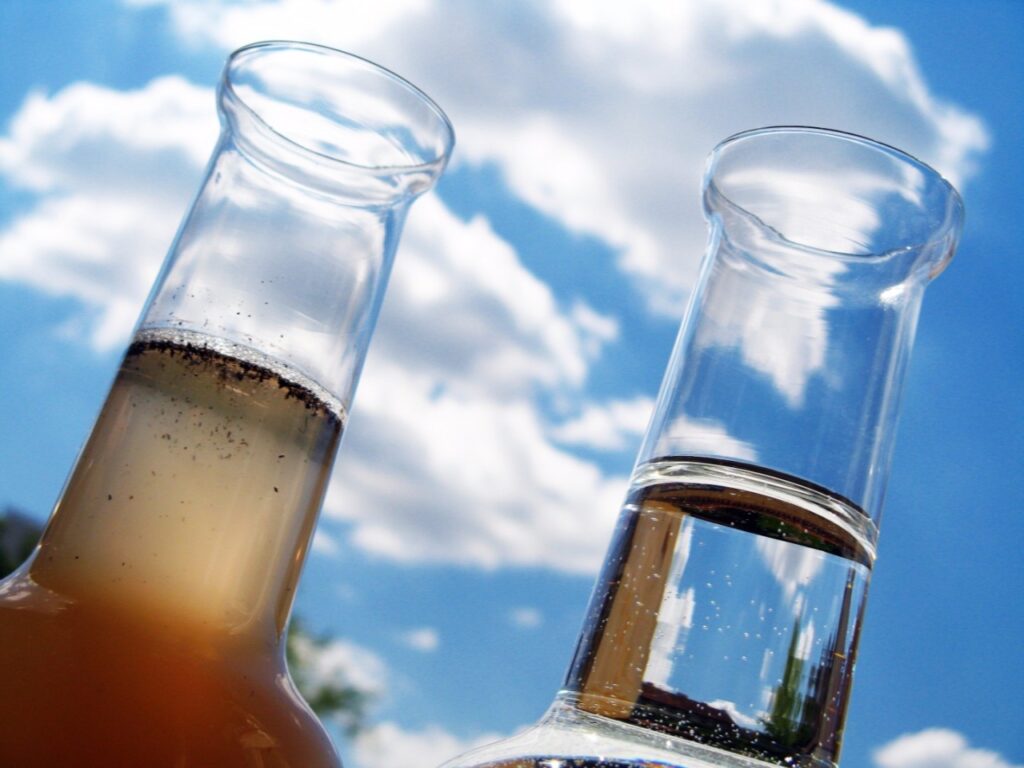
3. Replacing Charcoal or Carbon
Unlike other filters, carbon filters rely on absorption to remove contaminants. Carbon filters are incredibly porous and have a wider surface area. This enables them to remove unpleasant tastes, smells, and other particles from water.
Furthermore, activated charcoal or carbon filters can remove harmful metals and organic compounds like pesticides and petroleum.
Replace your carbon filters every six to twelve months and never leave them in place for more than a year. Waiting too long to change the filter may result in worse water quality than before it was treated.
Activated carbon blocks or grains can also be used in gravity filters or inline filters.
4. Let Water Settle and Pre-Filter
After cleaning your water filter, inspect your filter for sediments. If there are any, allow it to settle first. Alternatively, you can use a cheesecloth, cleaning cloth, or even a t-shirt to prefilter your water.
Aside from avoiding dirty water, an added benefit of prefiltering or letting the water settle before pumping is that it prevents dirt from clogging your filter. The secret to maintaining your water filter system is a little patience. Therefore, let your water settle and become more clear before using it.
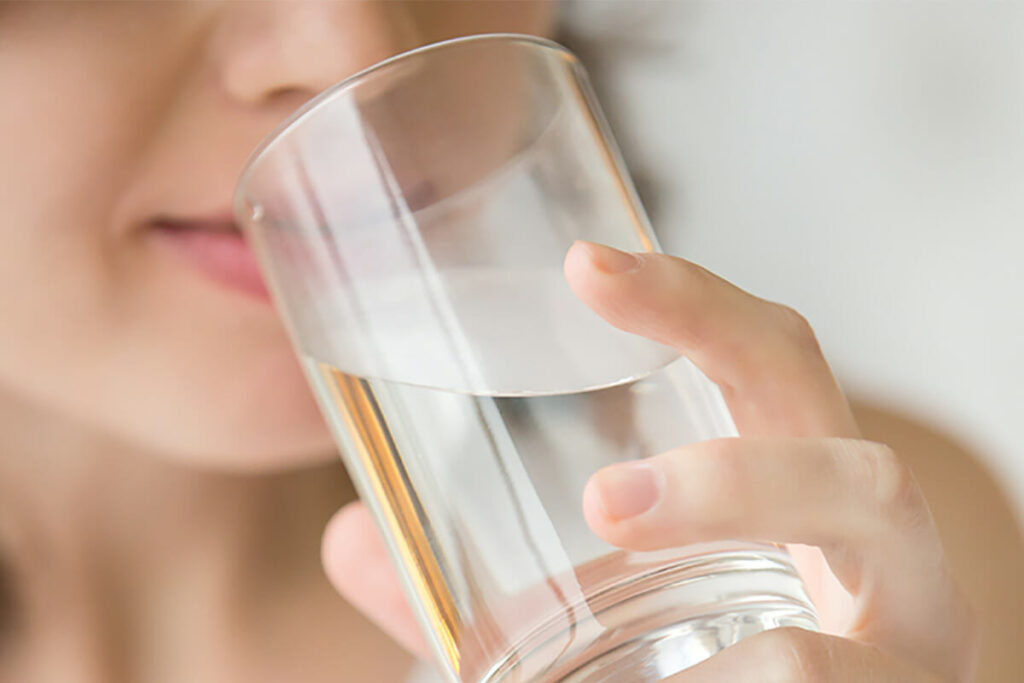
5. Store and Safeguard Properly
Cleaning and maintenance are crucial, but ensuring your water filter and systems are correctly stored is just as important. For example, if you use your water filter frequently, such as daily, you might want to consider collapsing it after cleaning and allowing it to dry in a broken form.
Additionally, be careful when handling your filter. Bumps and impacts can shorten their longevity. Essentially storing them properly means they are protected from potential damage.
This includes safeguarding them against natural elements such as the sun and when the ground freezes. Extended exposure to direct sunlight, apart from for drying, will also shorten the filter’s life.
6. Frequent Checks
Overall maintenance involves keeping a close eye on your water system as a whole. This will give you a better idea of how to keep it in prime shape at all times and how to care for it properly. Be sure to inspect for any leaks and ensure you take the necessary action to seal them.
An instructional manual should always be included with your system during installation. If you haven’t thrown it away or misplaced it, make an effort to familiarize yourself with it so that any problems you may face won’t be solved by guesswork.
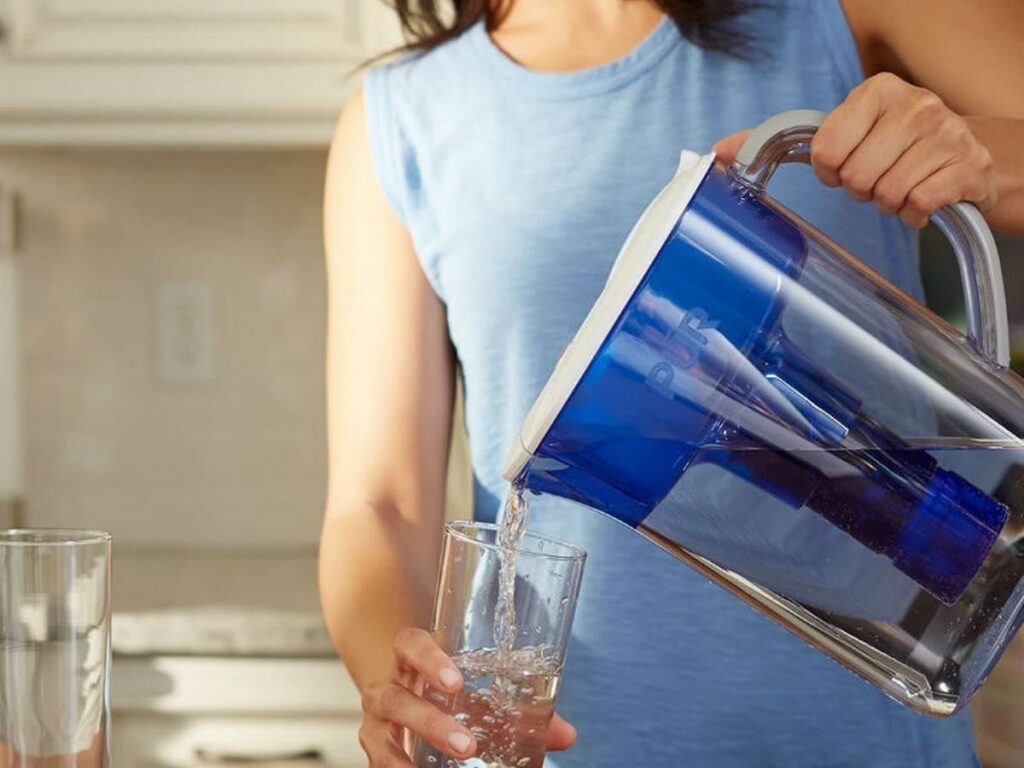
7. Don’t Pump Rainwater, Store It
Rainwater isn’t suitable for drinking. Packed with pollutants, E.coli, and other bacteria, these harmful contaminants can get passed along when rainwater seeps into your water system. Even the most advanced filtering systems will allow unwanted particles into faucets and drinking water.
However, if you’re handy, you can collect run-off rainwater into a barrel or storage container to use at a later time. To significantly reduce sediments, filter the rainwater before it hits the ground. In turn, this will help keep your filtration system in good condition and working effectively for a more extended time.
8. Save Money, Filter What You Need
All appliances have limitations. Similarly, if you waste clean water, your water filtration system will purify and filter it all the way through again. This requires more effort, putting excess load and unnecessary cleaning time on your water system.
Eventually, the long hours will add up, and you’ll notice the efficiency and performance of the filter slowing down. Thus, to preserve water and your filter system, turn off the main valve when not in use for prolonged periods. You can check WaterSoftenersHub for more information.
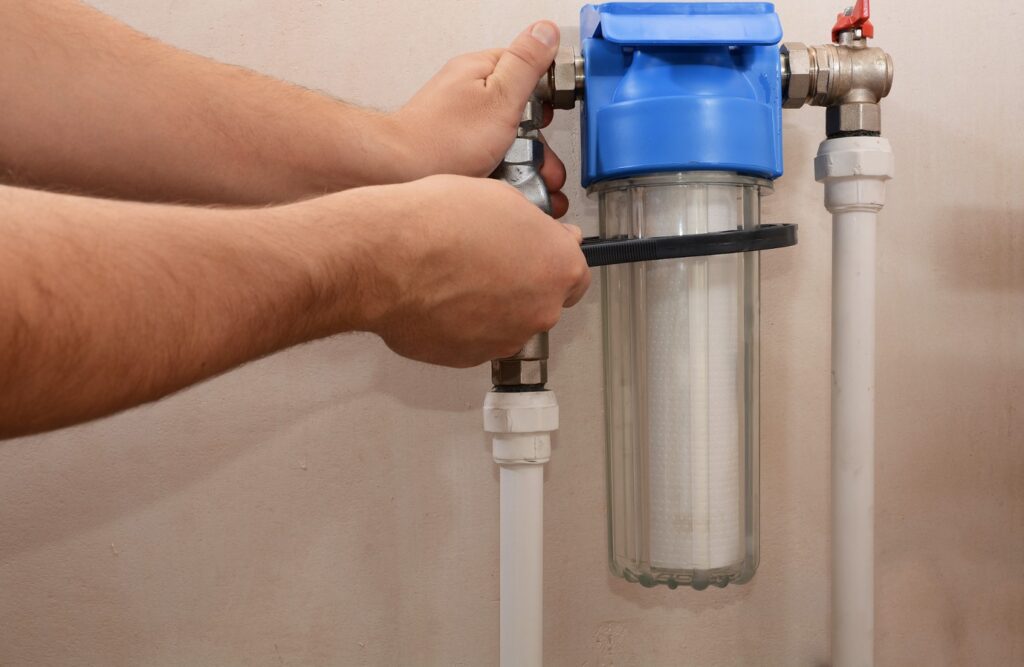
9. Maintain Water Softener
Water softeners are also used as part of the filtration process to improve the quality of drinking water. Through ion exchange, hard water is transformed into soft water using sodium chloride, also known as table salt.
If your water filter also uses a softener, don’t worry. Softeners do not have filters or cartridges that have to be replaced. Instead, depending on how efficient your water system is and its usage, you may have to replenish the salt as much as several times a month or less frequently, only a few times a year. Click here to learn more about water softeners.
You can never go wrong with a water filter, as each time you turn on the faucet, these systems trap any contaminants before they get to you. To ensure you always have clean water, regularly check, clean, and replenish your filter and its components. This will also prolong its usage, saving you the time and money needed to replace the entire system!

